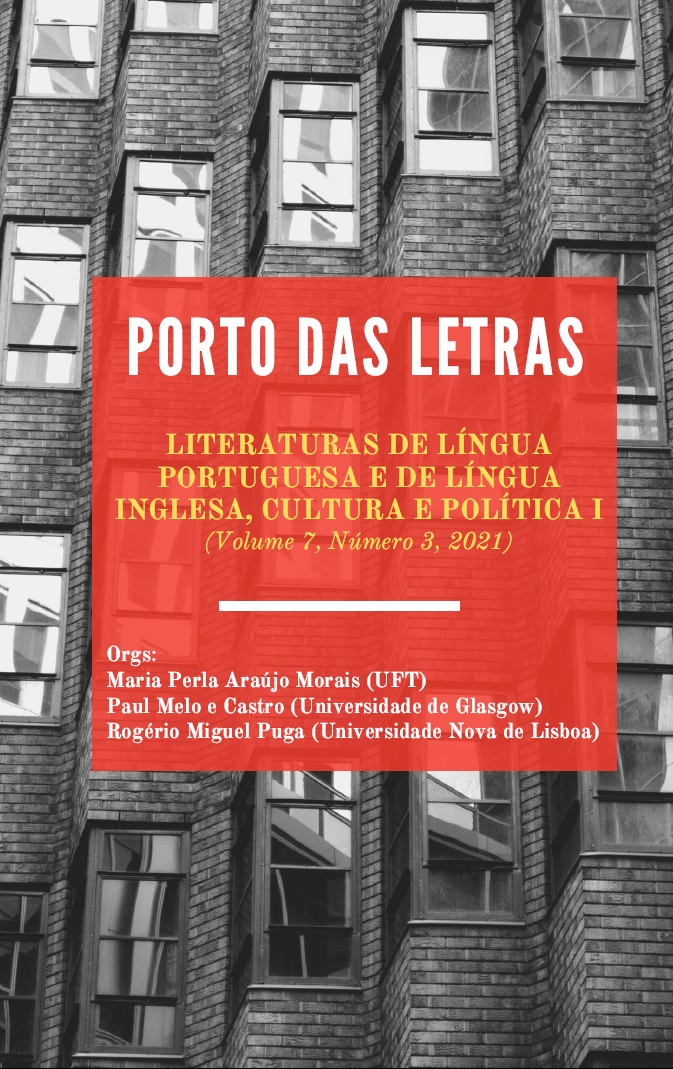A VOZ DOS OPRIMIDOS NA POESIA DRUMMONDIANA
Keywords:
Drummond; Teoria de enunciação; Ideologia.Abstract
The aim of this work is to identify the voice of the oppressed as a subject of enunciation within the social space, in two poems by the poet Carlos Drummond de Andrade. Based on the Theory of Enunciation inserted in the following works: Problems of General Linguistics I, by Benveniste (2005), Marxism and Philosophy of Language, by Bakhtin (2014) and Semantics and Discourse: a critique of the affirmation of the obvious, by Pêcheux (2014), we intend to demonstrate how discursive formation, in this case, artistic production, is linked to the ideological formation of certain groups. Then, with the work Ideology and Modern Culture: critical social theory in the era of mass media, by Thompson (2011), we will reinforce the theme in question with some categories of ideological analysis presented by the author. And, finally, with Rancière's (2009), The Sharing of the Sensitive: Aesthetics and Politics, we will bring another contribution to this work, as this work presents a close relationship between aesthetics and its political and social function.
References
- ANDRADE, C. D. A rosa do povo. 42º ed. Rio de Janeiro: Record, 2009.
- BAKHITIN, M, M. Marxismo e filosofia da linguagem. 16ª ed. São Paulo: Hucitec, 2014.
- BENVENISTE, E. Problemas de linguística geral I. 5ª ed. Campinas: Pontes Editores, 2005.
- PÊCHEUX, M. Semântica e discurso: uma crítica à afirmação do óbvio. 5º ed. Campinas: Ed. Unicamp, 2014.
- RANCIÈRE, J. A partilha do sensível: estética e política. São Paulo: Ed. 34, 2009.
- THOMPSON, J.B. Ideologia e cultura moderna: teoria social crítica na era dos meios de comunicação de massa. 9ºed. Petrópolis, RJ: Vozes, 2011.
Downloads
Published
How to Cite
Issue
Section
License
Os autores concordam com os termos da Declaração de Direito Autoral, que se aplicará a esta submissão caso seja publicada nesta revista (comentários ao editor podem ser incluídos a seguir).




